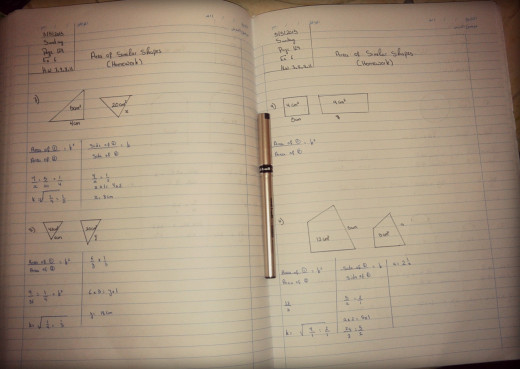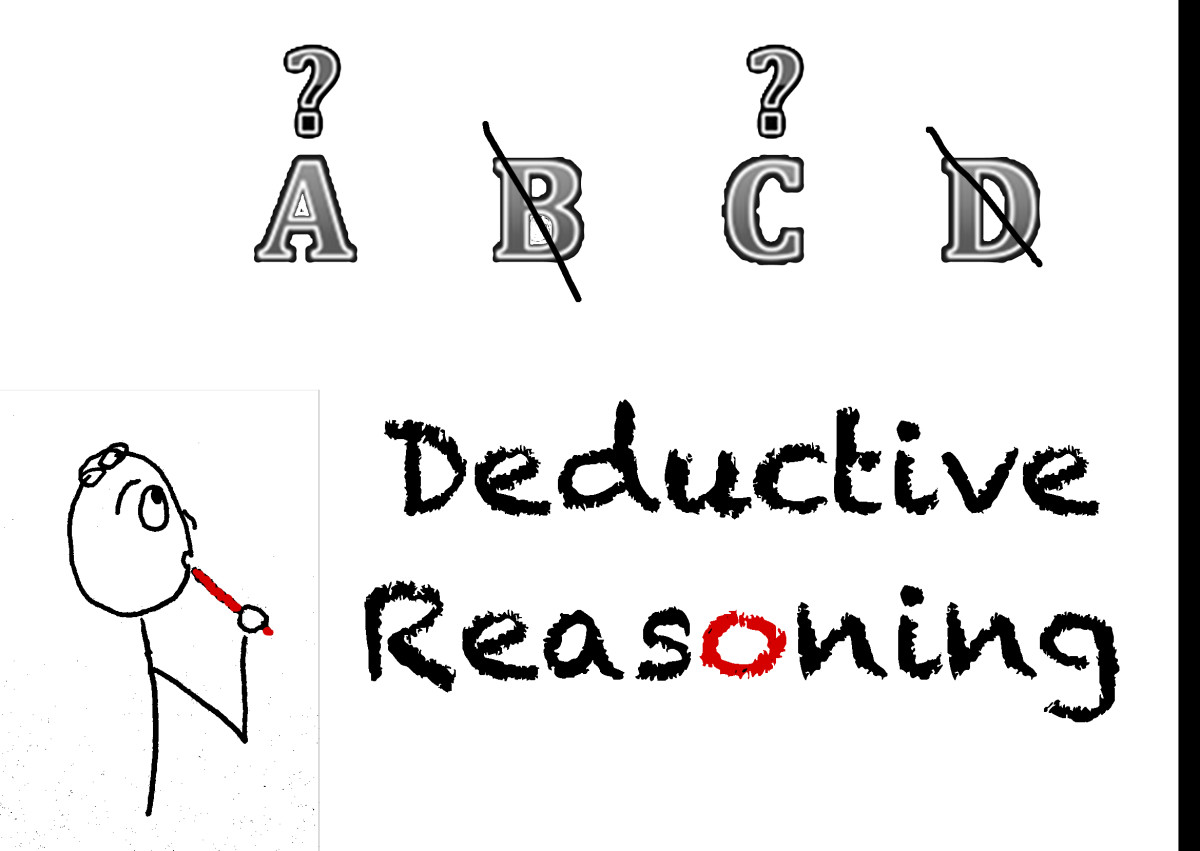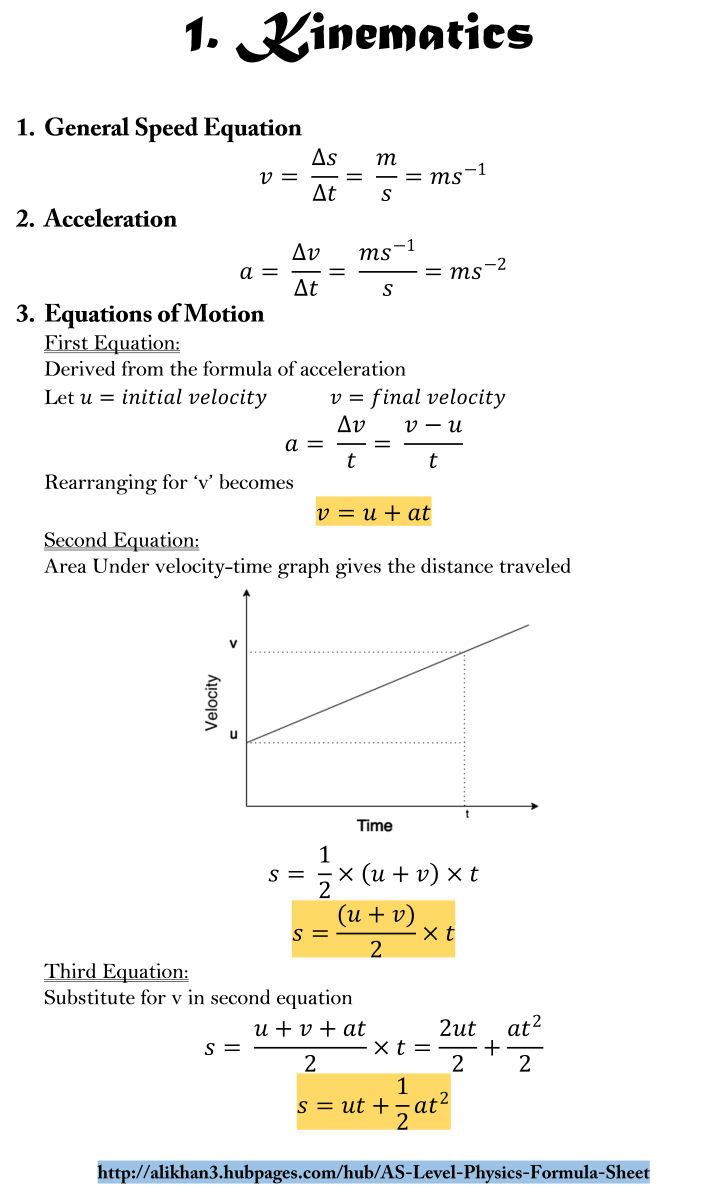How To Be The Overachiver Without Trying

Life is full of patterns. One of these patterns that seems to confirm itself in every phase of life is that there are two general groups of people that do well academically: There are those students that work hard and put in countless hours, consequently getting the results, and then there are those who just seem to never put in any work. In high school they are the seemingly arrogant ones that just pitch up and accomplish without breaking a sweat beforehand. We're all taught to imitate the first process. "You reap what you sow" is what we're told.
The scary thing about all of this is that, very often the one's that seem to do nothing are still doing better than those that slave away before the tests. Are they just gifted? If they are, does that mean everyone else will be forced to either struggle or fail? Not in the slightest. The key to explaining this requires us to shift the metaphor from an agricultural one to an architectural one; Instead of saying: "you reap what you sow", we need follow a different approach and acknowledge that every building needs its own foundation and that the foundations for skyscrapers are quite different from those used for residential applications. Before I reveal how little I know about architecture and construction, let me rather leave the metaphor there and explain what I mean by this.
How Learning Works
If I found the best Calculus Lecturer of all time and asked him to explain partial derivatives to the most obedient and eager 9 year old child around, how likely is it that the child will leave that lecture and retain absolutely nothing about the subject at hand? No matter how good the lecturer and the child might be, the child has nothing to relate this new information to.
Think about your own learning experience for a moment. If we go back to our earliest mathematics lessons, it probably started by counting from one to ten on our fingers. That will then develop to counting higher than ten. Soon, we started to learn that if we took one number and added one to it, we just count one number further. We then subconsciously realized that repeating this process allowed us to add larger numbers together. After this we learnt about subtraction, multiplication, division etcetera. This would be a healthy learning process. The pattern that I'm getting at here is that we learn something new by linking it to something we're already familiar with. Numbers are linked to counting on your fingers. Each number is linked uniquely to the numbers before and after it (e.g. 5 is the only number that is before 6 and after 4). These relationships then develop into addition and subtraction. Those concepts are then linked to multiplication and division. The more links you make to a certain concept, the easier it will be to remember that concept. This process is simple enough for us to intuitively follow in our early years of life.
Learning Is a Skill on its Own

The Complication
At some point in life, we break the chain. For most, this breakage happens in high school. At this point there is so much pressure on students to perform. This pressure comes from parents, peers, teachers and general society. At the same time, however, the educational system is under pressure from parents and the economy to produce an intellectual population. This pressure means that teachers start teaching students to merely pass tests. It's no longer about learning the work to understand it, but rather about learning the work to recite it for the assessment.
If you ever spend time teaching a student that's performing poorly in a certain subject and he happens to answer a certain methodical question (or certain parts of such a question) correctly, take a moment and ask him to explain why he did what he did. Chances are, his answer will be something along the lines of "Because I was told to do it this way". In this situation, we find the shortfall of many: Understanding has been traded in for mass-produced recital. How does this explain our two groups? It's simple: The kids working hard and succeeding are preparing to recite their work before every test, just as they were taught. The short-term problem is that this information doesn't stick for very long and therefore it requires constant "refresher courses" of everything. This explains why they have to work so hard. Over a longer period of time, the brain reaches its limit of short term memory recall and the students struggle to apply the work they've learnt in the real world. The other group of achievers has mastered the concept of understanding. They've either had great teachers, a sense of curiosity in everything they do or simply just abundant learning resources that enabled them to fill in most of the gaps that the educational system has created. Seeing as they do this continually and not just before assessments, they only have to add another storey to their metaphorical skyscraper instead of building it from the ground up every time.

The Application
Firstly, it's important to mention that it is never too late to turn the tables. Of course, if you have a lot of gaps, it might take a longer to fill them all in. But, once the gaps are filled, your future recitals will be a lot less tedious. As long as you start somewhere, the results will be evident.
In my (possibly biased) opinion I believe that two subjects stand at the heart of the webs of knowledge that form our understanding: Mathematics and Languages. This only really applies to subjects of an academic nature and not those that are, or at least should be, grounded in the arts. I say this because being linguistically compitent is something that allows us to draw as much meaning from the language and jargon of every field and mathematics, in essence, is just a different language that gives meaning and interaction to the numbers we use in our everyday lives.
The way to achieve an integrated understanding involves one simple iterative process: Always ask "Why?". It might seem annoying and sure, you won't always find the answers you need, but you will get most of them and the rest will come with time. One must also recognize the possibility of the hybrid of these two groups. There is no harm in honest hard work. There is definitely a difference between working hard and working smart, but the two don't have to be mutually exclusive. If you are one of the arrogant achievers that get the results by doing nothing, why not prove your worth by working hard on top of that, even if it's just a little bit more effort than you're used to. In the real world, that is the only winning strategy.








